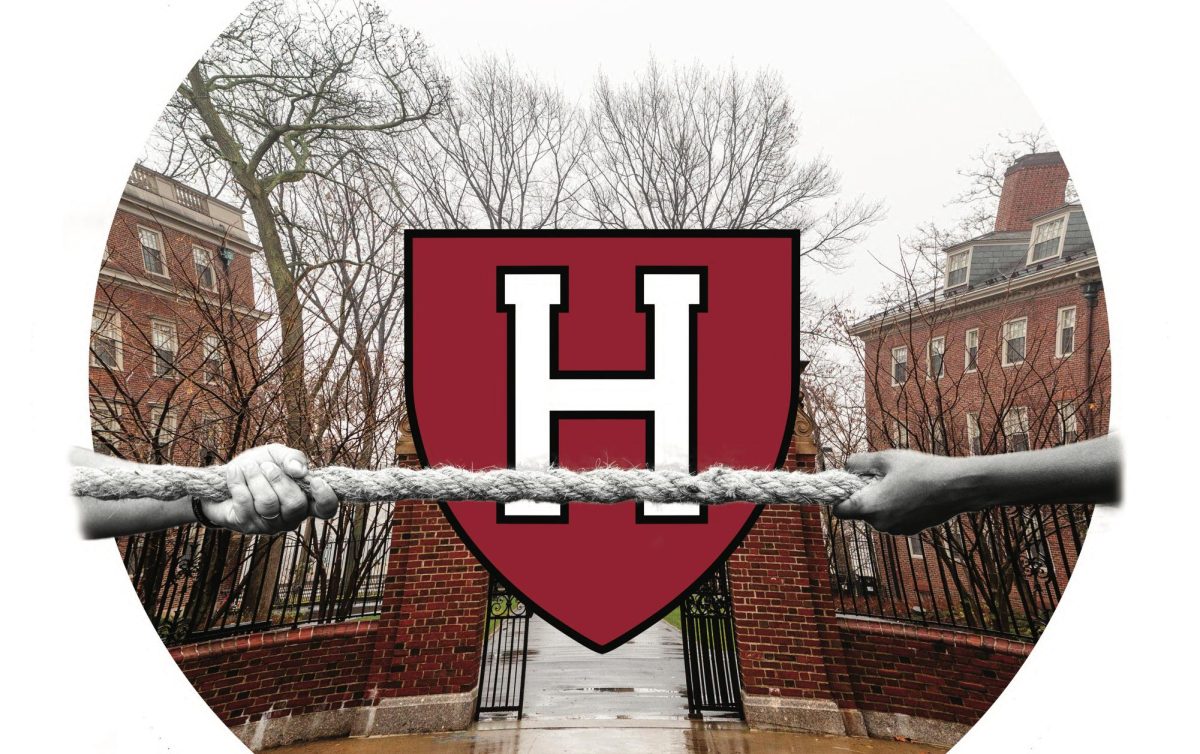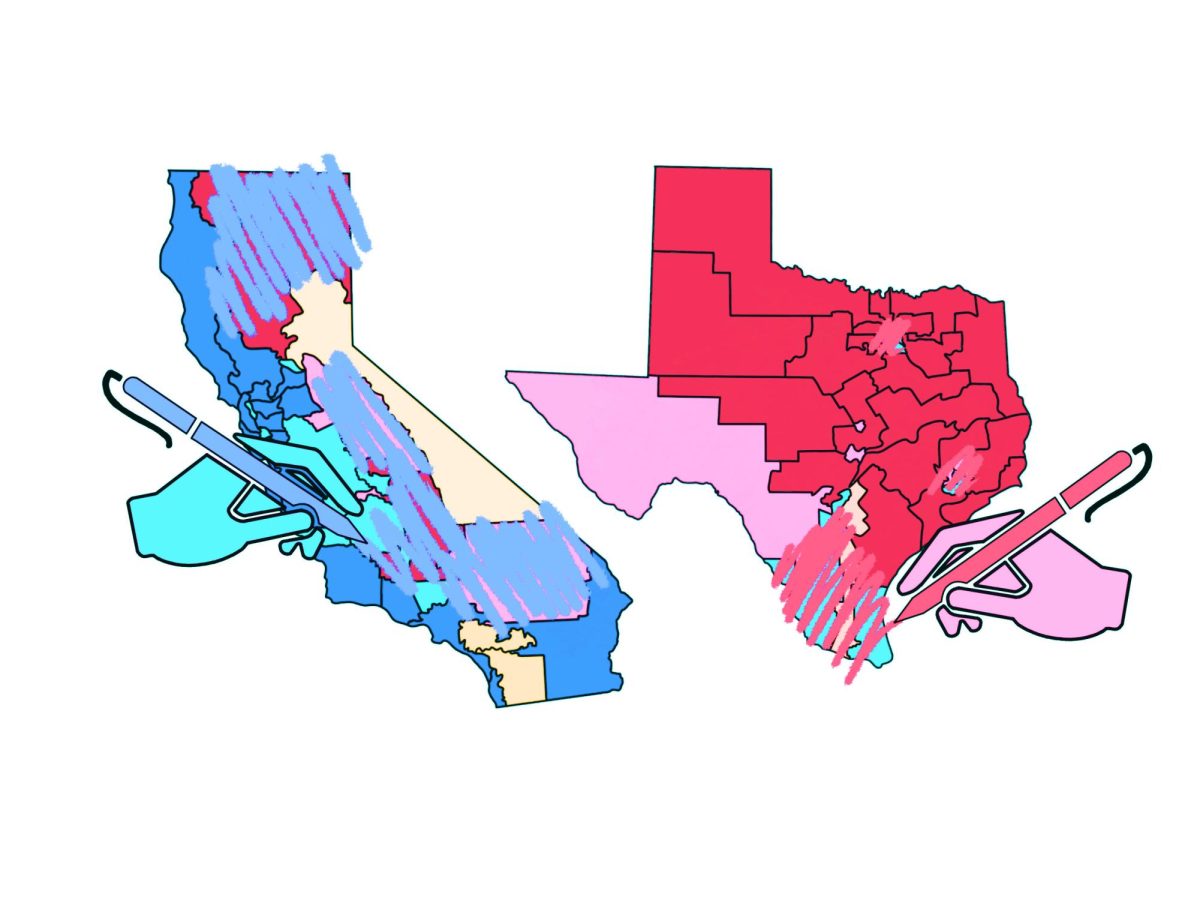Senior year is known to be the most memorable and exciting time for high schoolers, especially after students successfully navigate the stressful college admission process.
And for thousands of seniors, this anxiety-ridden application season comes to end far sooner than the rest, thanks to the Early Decision application (ED). By the early deadline of Nov. 1, colleges or universities with the ED option require students to commit to their institution, should they be accepted, preventing students from applying to any other school.
For higher level colleges and universities, this binding process often narrows the application pool to a smaller, more qualified group, allowing schools to choose between best applicatnts. But with multiple students from one high school applying ED to the same prestigious institution, Rishab Siddamshetty ‘23 believes students contending for the same highly coveted letters of acceptance is bound to create competition.
Last December, along with a couple of his classmates, Siddamshetty applied ED to the University of Pennsylvania (UPenn), and in mid-December he heard back that his application had been rejected.
Neither Siddamshetty nor his classmates earned acceptance into the school, but even after the competition for a spot UPenn was over, it wasn’t initially easy to make up and move on.
“Obviously, we all had the same goals of going to [UPenn], getting that education and having that college experience,” Siddamshetty said. “It was definitely weird to go up against them whereas in the past we would work together; it created a toxic environment between us.”
Siddamshetty is now pursuing a career in business at the University of Michigan, where he applied through regular decision. And while he had his sights set on UPenn’s Wharton School of Business, Siddamshetty is satisfied to have ended up at one of the highest ranked business programs in the country.
“It is a good consolation,” Siddamshetty said. “Still to this day I wish I’d gotten into UPenn, obviously, but I moved on and am really happy at Michigan. But it was definitely uncomfortable speaking to classmates [who had also applied early decision to UPenn] during that time.”
Senior John Ma is in the thick of the college application process. With deadlines approaching, Ma is weighing his options, considering applying to schools through ED while also taking into account the uncomfortable competition it brings.
“We haven’t talked about it, but everyone knows about it,” Ma said. “From my perspective, everyone has their own application. Spend the energy writing your essays and keeping your grades up rather than finding what someone else is doing.”
Because a student can only apply ED to one college, improving the odds of admission, some struggle to decide whether it’s worth using ED to apply to a school that may seem out of reach.
Stories of indecisive students wasting their one use of early decision seems daunting to seniors, but Ma encourages everyone to consider it.
“I wouldn’t just shut it off,” Ma said. “Early on, over the summer, do your research, visit schools and see what you really connect with.”
College counselor Josh Shandera believes the early decision process benefits students in that it does boost their chances of acceptance into the institution of their choice, but he does understand that it may cause anxiety within a group of students applying to the same college or university.
“We can give a little bit of information [to students applying early decision] as far as if we have several other ED applicants to the same school or, as of right now, no one’s told us that they’re applying to this school,” Shandera said. “In general, we try to work with applicants to have their own best unique application. Schools don’t have set quotas or limits as far as how many students they can and cannot take from a certain school, but obviously, they can’t admit an entire class of students from the same school.”
But besides the benefits in chances of acceptance, Shandera cautions students to be sure in their commitment to a school, and that financial aid and scholarships may be less available to those to apply early decision as colleges and universities don’t need to pose any incentive to lure ED students to attend their school.
“You need to know that it’s your top choice school that you absolutely want to go to and that realistically, it’s a financial option for you that makes sense,” Shandera said. “So early decision can be great. But for students that are looking to compare financial aid or scholarship packages, early decision may not be the right pathway.”
Besides applying with early decision, Shandera encourages students to be open to other forms of application to colleges and universities. Early action allows students to apply early without the attendance requirement of ED, and it allows students to apply to any number of schools that offer early action. Restrictive Early Action (REA), on the other hand, allows students to apply to one private institution and any public institution.
Shandera notes that students should be prepared to see various application methods across the various schools they look at.
“It’s case by case,” Shandera said, “and not every college does it the same way. Some colleges don’t really admit more heavily from the early deadline. Every school is different.”
For Siddamshetty, though the mental competition between his classmates was unexpected in his last year of high school, he doesn’t regret chasing his dream school.
“Don’t be afraid to go somewhere because someone who seems smarter and more talented than you is applying there too,” Siddamshetty said. “Because at the end of the day, you should pick the place where you feel like you feel the most at home.”








